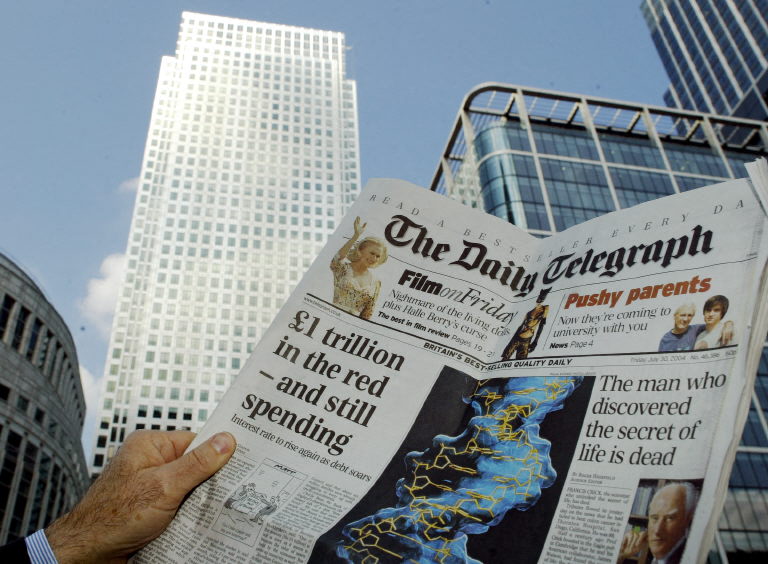Dubai, UAE – An article in The Telegraph alleging that Hizbollah is stockpiling Iranian weapons at Beirut International Airport (BIA) has ignited controversy and backlash in Lebanon, with officials and the public denouncing the claims as unfounded and dangerous. The unsigned report, which relied on anonymous sources, has been criticized for lacking credible evidence and accused of fueling geopolitical tensions to justify potential Israeli attacks.
The Telegraph’s report on June 23, 2024, cited unnamed “whistleblowers” who claimed that Hizbollah had amassed “huge quantities of Iranian weapons, missiles, and explosives” at BIA. The report lacked a byline, adding to the skepticism and criticism it received. Middle East correspondent and former Telegraph journalist Abbie Cheeseman distanced herself from the report, highlighting her lack of prior knowledge about the piece and labeling it “totally irresponsible.”
The absence of identifiable sources and the reliance on anonymous airport workers as the sole basis for such significant allegations have been points of contention. Military expert Elijah Magnier mocked the report, noting the implausibility of storing large missiles like the Fateh 110 at a civilian airport without detection.
Official reaction
In response to the article, outgoing Minister of Public Works Ali Hamiyé organized a media tour of the airport to refute the claims. During this tour, officials, including Information Minister Ziad Makari, denounced the article as part of a “psychological war” against Lebanon. The ministers asserted that the airport operates according to international standards and that all incoming and outgoing cargo, including flights from Iran, are subjected to thorough customs inspections.
Representatives from foreign missions, including those from Egypt, Germany, and the European Union, participated in the tour. Egyptian ambassador Alaa Moussa expressed solidarity with Lebanon, emphasizing the need for calm and stability in the region.
Political and social media backlash
The Telegraph’s article not only sparked official denials but also fueled significant online backlash. Social media users criticized the article for its lack of credible sources and accused it of being part of a broader agenda to destabilize Lebanon. Lebanese Forces (LF) MP Ghassan Hasbani, quoted in the article expressing concerns over Hizbollah’s control of the airport, faced a wave of criticism online. His office clarified that his comments were general concerns about the airport’s security, which have been documented over the years.
Political figures like MP Samy Gemayel and opposition lawmaker Mark Daou also weighed in. Gemayel’s cryptic “1559” tweet referenced a UN resolution calling for the disarmament of militias, while Daou highlighted the dangerous implications of the article amid the ongoing conflict between Hizbollah and Israel.
Threats of legal action
Transport Minister Ali Hamiyé has threatened to sue The Telegraph for defamation, labeling the article as “ridiculous” and damaging to Lebanon’s reputation. He pointed out discrepancies in the newspaper’s sources, initially claiming the information came from the International Air Transport Association (IATA), which later denied any involvement.
During a press conference, Hamiyé read an email from IATA disavowing the quote attributed to it by The Telegraph. The Air Transport Union in Lebanon also dismissed the allegations as baseless, emphasizing the potential danger such claims pose to the airport and its civilian users.








